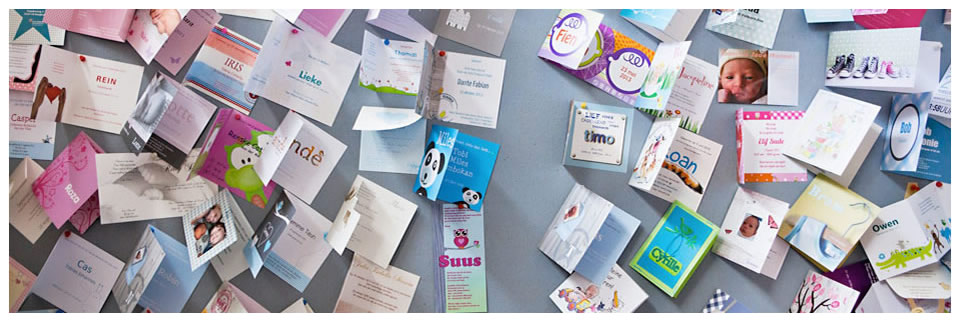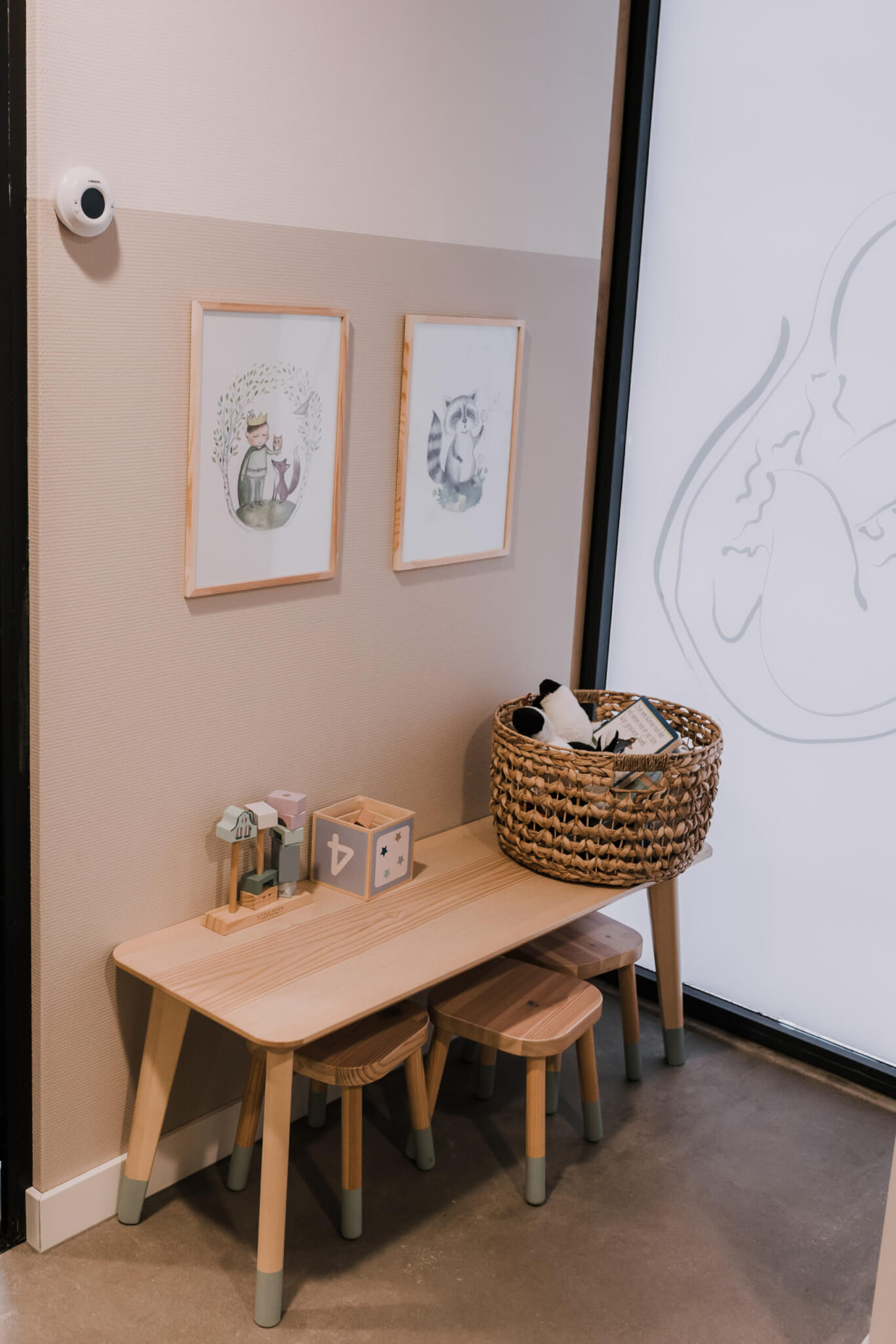Heel prick and hearing screening
After registering your baby’s birth at the town hall, the municipality will signal the district nurse in your area. The district nurse, who works for the clinic (‘GGD consultatiebureau’), will visit your home between the 4th and 7th day after childbirth to carry out the heel prick and hearing test. When your baby is in hospital, the heel prick will be performed there. The hearing test will then take place later.
Heel prick
Every newborn in the Netherlands is offered a heel prick. A few drops of blood are taken via a small injection in the heel. In a laboratory, the blood is tested for 17 rare but serious conditions. These conditions cannot be cured, but early discovery could prevent or limit the consequences of those conditions. Your baby can then be treated with the help of, for example, a diet or medication. It is therefore important for the baby’s health that you participate in the heel prick.
Carrier
Since the beginning of 2011, the heel prick test now also includes the analysis of carriers of two different diseases. Carriers do not have the disease themselves and can never get the disease. The screening may show that your baby is a carrier of sickle cell disease or cystic fibrosis. This implies that one or both parents is also a carrier of sickle cell disease or cystic fibrosis. This may have consequences for a possible next pregnancy. The fact that your baby is a carrier of sickle cell disease or cystic fibrosis may also be of concern to other family members, as they can also be carriers. The heel prick will find all carriers of sickle cell disease. Only a small number of carriers are found in cystic fibrosis.
Do you object to receiving information about your baby’s carrier status? Please indicate this to the person performing the heel prick. The screener will then ask you to write your initials on the heel prick card.
Results
No news is good news. You will only receive a phone call if the blood analysis shows that there are indications of abnormalities. Although the heel prick test methods are good, the results are not always 100% reliable. In case of abnormal findings, your baby will need to be pricked again. You will always receive word about the results of a second heel prick, even if the second test shows no abnormalities.
For more information about the heel prick and the conditions that are tested for, visit the RIVM.
Newborn hearing screening
During the hearing screening, both ears are checked to test whether your baby can hear properly. The hearing screening tests indirectly whether the hearing is sufficient for normal language and speech development at a later age. Without good hearing, a child will not learn to listen and speak properly. The sooner hearing loss is detected, the sooner your baby can be treated.
The hearing screening is painless, often only takes a few minutes and you will receive the results immediately. Water or wax in the ear, or too much ambient noise may cause the hearing screening to fail. An appointment will then be made for a second screening.
For more information about the newborn hearing screening, visit the RIVM website.



